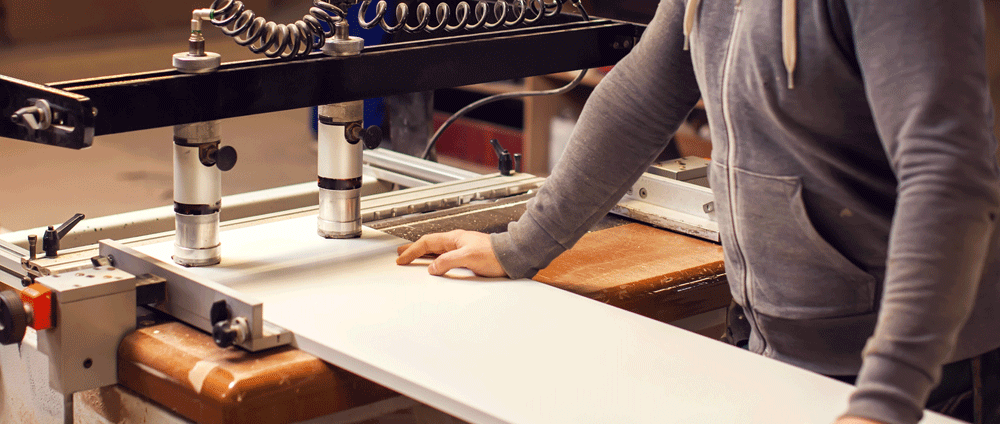Why Catalyst?
I started selling machinery because, in my Consulting Business, I kept getting asked to help customers through machinery purchases. It occurred to me that I’ve had the benefit of participating in a lot of machinery purchases whereas most people will only do it every couple of years. Below are some things to consider and plan for when buying a machine.
1. Dust Collection – There is a lot of calculation that goes into an efficient dust collection system. A lot of people never get into this but it’s awful to see a brand new machine not perform as well as it could because of insufficient dust collection. There are also a lot of laws that govern professions with combustible dust and requirements for spark detection.
2. Electrical – I like to have an electrician perform most of the work prior to the machine arriving and have them on-call for the day that the installer/technician will be ready for power. I try to make sure they can show up within an hour of being called so I don’t have the technician waiting.
3. Riggers – A lot of machines can be unloaded with the forklift you have in your shop but I recommend you hire a Rigger simply because they carry the insurance for a catastrophic event like dropping a machine. They can be expensive and sometimes difficult to coordinate but they are experts in heavy equipment operation and have all the tools that make the job easier. (Most machinery is supposed to be lifted from above) If you decide to do it yourself, please double check the machine weight as well as the rating on your forklift. You can usually rent machinery dollies for a hundred dollars or so from a local rigger.
4. Concrete – I’ve only run into this a few times but, if you’re looking at a large machine, I recommend looking into your concrete thickness. I have had a few customers that find out their concrete was not as thick as they thought it was by placing a machine and having the concrete crack underneath it.
5. Air – This tends to be the most overlooked. Check the specs on the machine and make sure your air compressor can keep up. Make sure you aren’t maxing it out with other equipment in the shop (even hand tools like sanders). Finally, please please please make sure the air is dry. People tend to “deal with” air drying issues when using hand tools but this can destroy a machine.
6. Flow – Consider how the machine fits into your process, especially if you intend to split an operator between two machines. Is the function active or passive? Does the location make sense or are you over-handling parts?
This isn’t a complete list but should cover the majority of your equipment. If you see that I left something out, please reply!
Get In Touch
(785) 614-2073
LOCATION
P.O. Box #80
Grimes, IA 50111
dan@consulting-catalyst.com

